Gu Ding古丁was born in Jilin province on September 29, 1914.1 His real name is Xu Changji 徐长吉 but he occasionally used Xu Jiping 徐汲平as his name.He also used other pen names such as Shizhizi 史之子 and Shicongmin史从民.
Gu Ding attended Changchun Elementary School in Changchun and South Manchukuo Middle School in Shenyang. Since these schools were both managed by the Japanese he was already fluent in Japanese. Gu Ding studied Chinese literature at Beijing University and after graduation he served as a director of Beifang zuolian zushi北方左联组识 (the Organization of the Northern Leftist Federation). It has been suspected that Gu Ding reported a leftist meeting to the Nationalist police in Beijing which resulted in the arrest of some of his friends after a crackdown. Gu Ding returned to northeast China from Beijing right after this incident.2 In Manchukuo, Gu Ding worked for the Bureau of Statistics in the Department of State.
From the beginning of Gu Ding’s literary career in 1935 his work was closely tied to the literary networks of Japan and the Manchukuo state. When his former Japanese teacher, Inagawa Asaji 稲川朝二 asked him to edit a journal, he agreed and published the Chinese-language journal Mingming 明明 (Brightness) in 1937, which later became the literary journal Yiwenji 艺文志 (Journal of Arts and Literature) in 1938. His essays and short stories that appeared in Mingming were compiled together into books entitled Yizhibanjieji 一知半解集 (Scanty Knowledge) and Fenfei 奋飞 (Fly Strenuously). His works were also translated into Japanese and were included in collections such as Genya 原野 (The Wilds), and Manshūkoku kakuminzoku sōsaku senshū 満州国各国民族創作選集 (Selected Works of Each Ethnicity of Manchukuo).3
Gu Ding was also involved in various administrative functions for the cultural development of Manchukuo. He served on a committee in the literature department of the Literature Discussion Association (bunwakai文話会) and attended the Greater East Asia Literary Conference (Daitōa bungakusha taikai大東亜文学者大会) every year beginning in 1942 as a representative for Manchukuo writers. His work, Yuanye 原野 (The Wilds) received the Shengjing literary award in 1938 and Ping Sha 平沙 (Sand Flats) received the literary award from the Minister of the Welfare Department of Manchukuo in 1940.4
Some writers who associated with Mingming, including Gu Ding and Xiao Song advocated the idea of “Productionism” (xie yu yin zhuyi写与印主义). They believed that Manchukuo writers should produce as many works as possible regardless of genre or styles rather than to seek to associate literature with a particular political ideology. Xiao Song said “If we didn’t write or publish anything and just urgently discussed ‘What should we write?’ or ‘What should we print?’ we would not be promoting Manchukuo literature.”5 The Mingming writers believed that as writers kept producing certain literary trends, theoretical questions would emerge naturally. In 1937, Gu Ding warned that “Writers should abide by a principle, but [the principle] should not be an obstacle to each writer’s developing his own literary path. Literature is not politics. The idea of painting [all literature] with just one color would corrupt the literary world.”6 For this reason he and his colleagues advocated “the directionless direction” (meiyou fangxiang de fangxiang 没有方向的方向) as a means to encourage writers to write on various topics without any constraints.
In 1941 Gu Ding left his job at the State Department and started a bookstore/publishing company called Yiwen shufang 艺文书房in Changchun. After Japan’s surrender in 1945 Gu Ding joined the Northeast China’s Association for Friendship with Soviet. He became the secretary of the Association in Jilin the next year. Thereafter Gu Ding took an active role in promoting arts and literature in Northeast China by serving in various positions including a researcher at Dongbei University, the director of the Pinju Opera Theater in Shenyang, and an editor of several literary journals such as Zhishi 知识 (Knowledge) and Dongbei Wenyi 东北文艺 (Dongbei Literature). During the Anti-Rightest Campaign (1957-1959) Gu Ding was persecuted by the Chinese Communist Party for his association with the Japanese during the Manchukuo era but his reputation was restored in 1979. Gu Ding died from sickness in 1964. He has three sons and three daughters.
— Junko Agnew, February 2022
Bibliography
Examples of Writing
Image Gallery
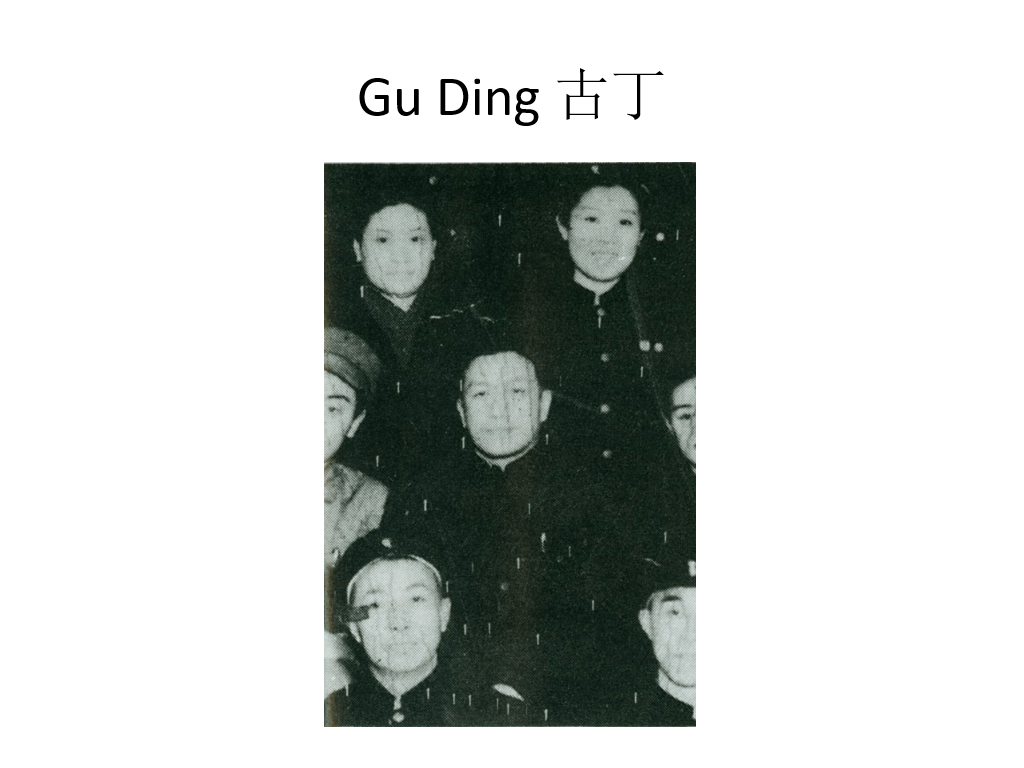
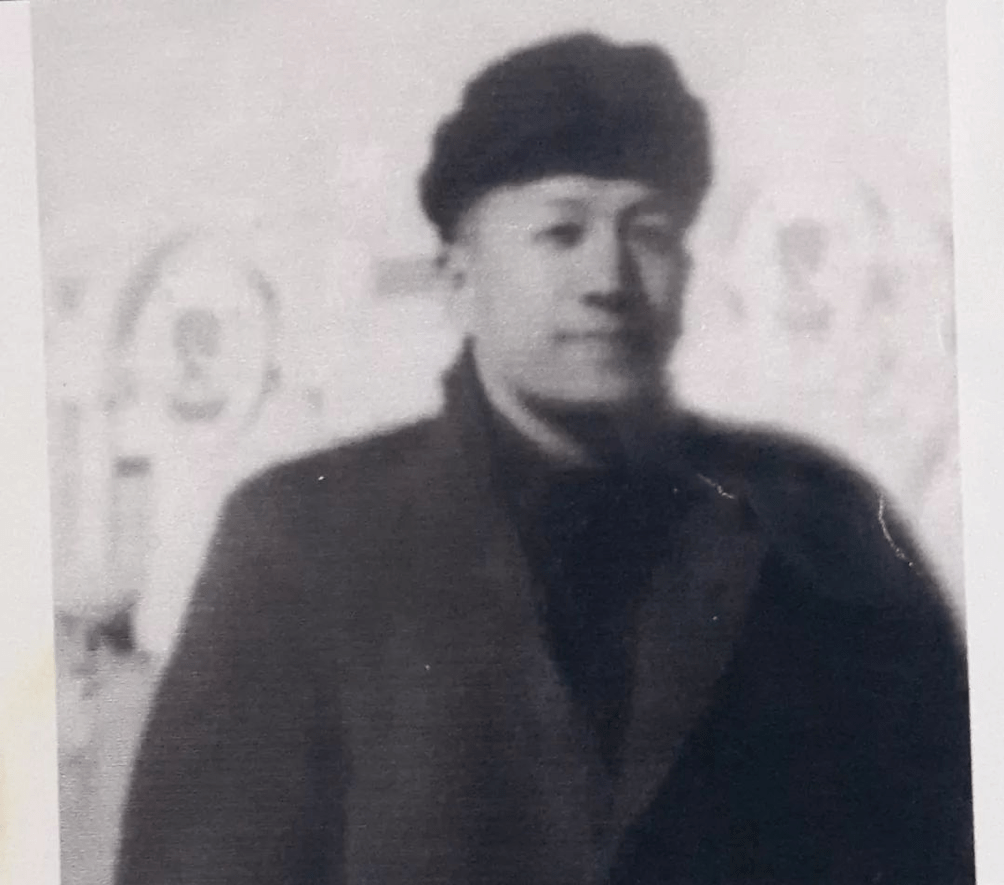
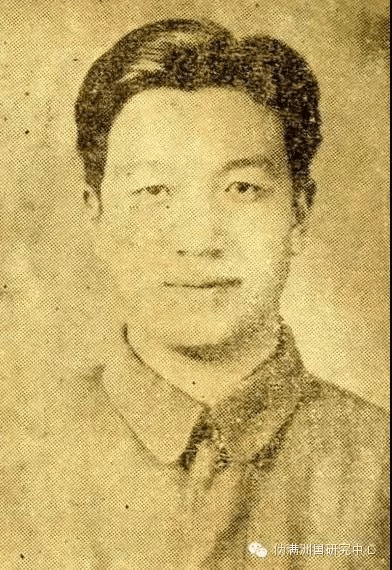
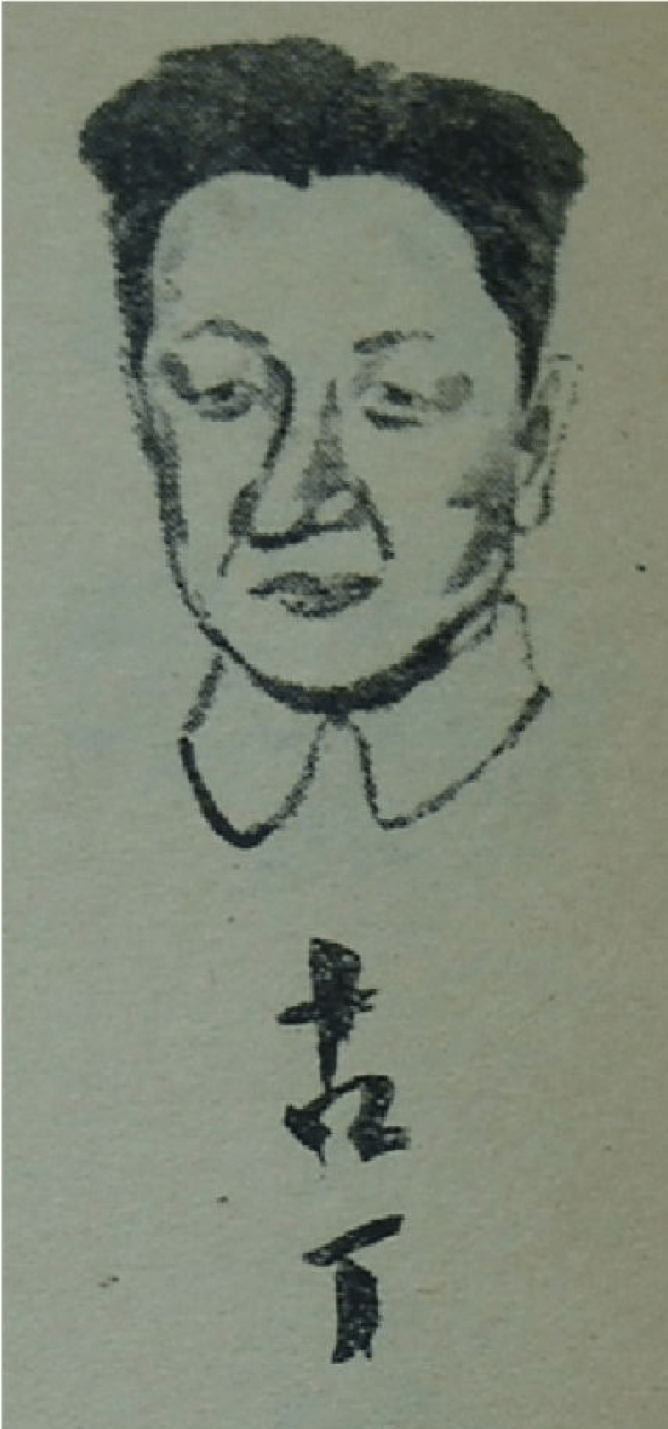

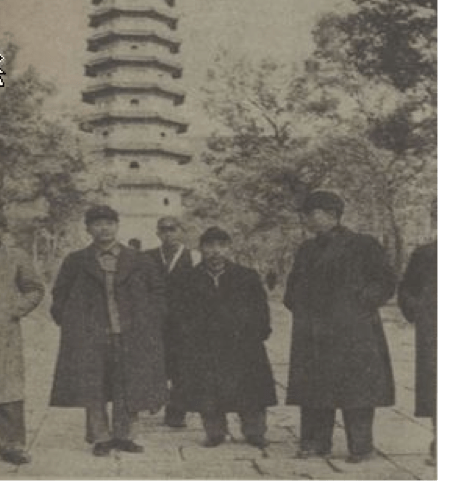
- The year of Gu Ding’s birth is not clear. According to Li Chunyan it is from 1914 to 1964. According to Murata Yuko it is from 1909 to 1960 whereas Ura Michiyo claims it is from 1916 to 1964. See Okada Hideki 岡田英樹. Weimanzhouguo wenxue xu伪满洲国文学・续 (Manzhouguo Literature Part II).(Harbin: Beifang wenyi chubanshe, 2017). ↩
- Okada Hideki, 岡田英樹 Bungakuni miru manshūkoku no yisō 文学に見る満洲国の位相(An Examination of Various Elements of Manchukuo Through Literature) (Tokyo: Yenbun shuppan, 2000), 264. ↩
- Genya 原野(The Wilds) was published by the Japanese publisher Sanwa shobō in Tokyo. The editor and the translator of this collection is Ōuchi Takao大内隆雄, one of the most active translators and literary critics in Manchukuo. Most stories included in this collection are Yiwenzhi pieces including Gu Ding’s “Genya” 原野 (The Wilds) and Xiao Song’s 小松 “Renzao juansi “ 人造绢丝(Artificial Silk). Manshūkoku kakuminzoku sōsaku senshū 2 満洲国各民族創作選集(Selected Works of Each Ethnicity of Manchukuo Vol. 2) was edited by the Japanese writers Kawabata Yasunari 川端康成and Yamada Seizaburō山田清三郎. The book was published by Sōgensha in Tokyo in 1944. Besides Jue Qing’s works, there are 17 other stories in the collection, including such works as Ushijima Haruko’s 牛島春子“Haru” (Spring) and the Russian Writer Baikov’s “At Roryosan” (Roryosan nite). ↩
- Huang Wanhua 黄万华, Zhongguo kangzhan shiqi lunxianqi wenxue shi 中国抗战时期沦陷期文学史(A Literary History of the Occupied Regions During China’s War of Resistance) (Fuzhou: Fujian jiaoyu chubanshe, 1995), 90. ↩
- Xiao Song小松, “Yi Chi And His Works” (Yi Chi to sono sakuhin 疑遅とその作品)” in Manshū roman, 満州浪漫vol. 5, 128. ↩
- Gu Ding 古丁“About Dream” (Shuomeng 说梦) in Yizhiban jieji 一知半解集 (Scanty Knowledge) (Changchun: Manzhou yuekan she, 1938). This essay is included in Li Chunyan李春燕, ed., Gu Ding zuopinxuan 古丁作品选 (Selected Works of Gu Ding), (Shenyang: Chunfeng wenyi chubanshe, 1995), 71. ↩


